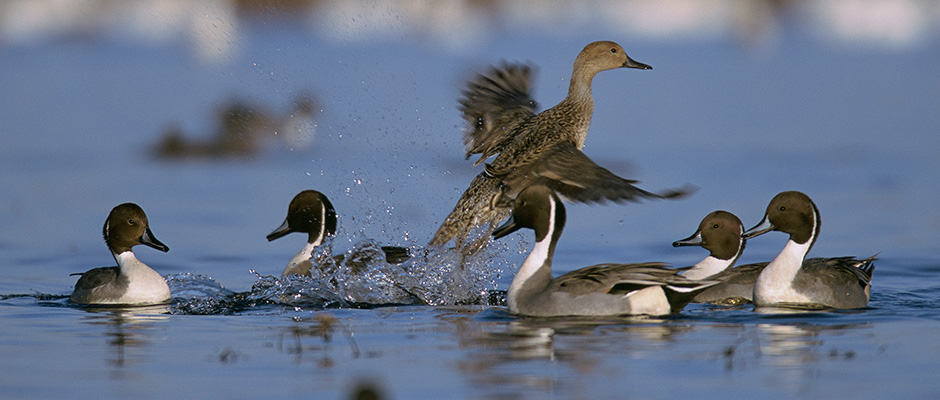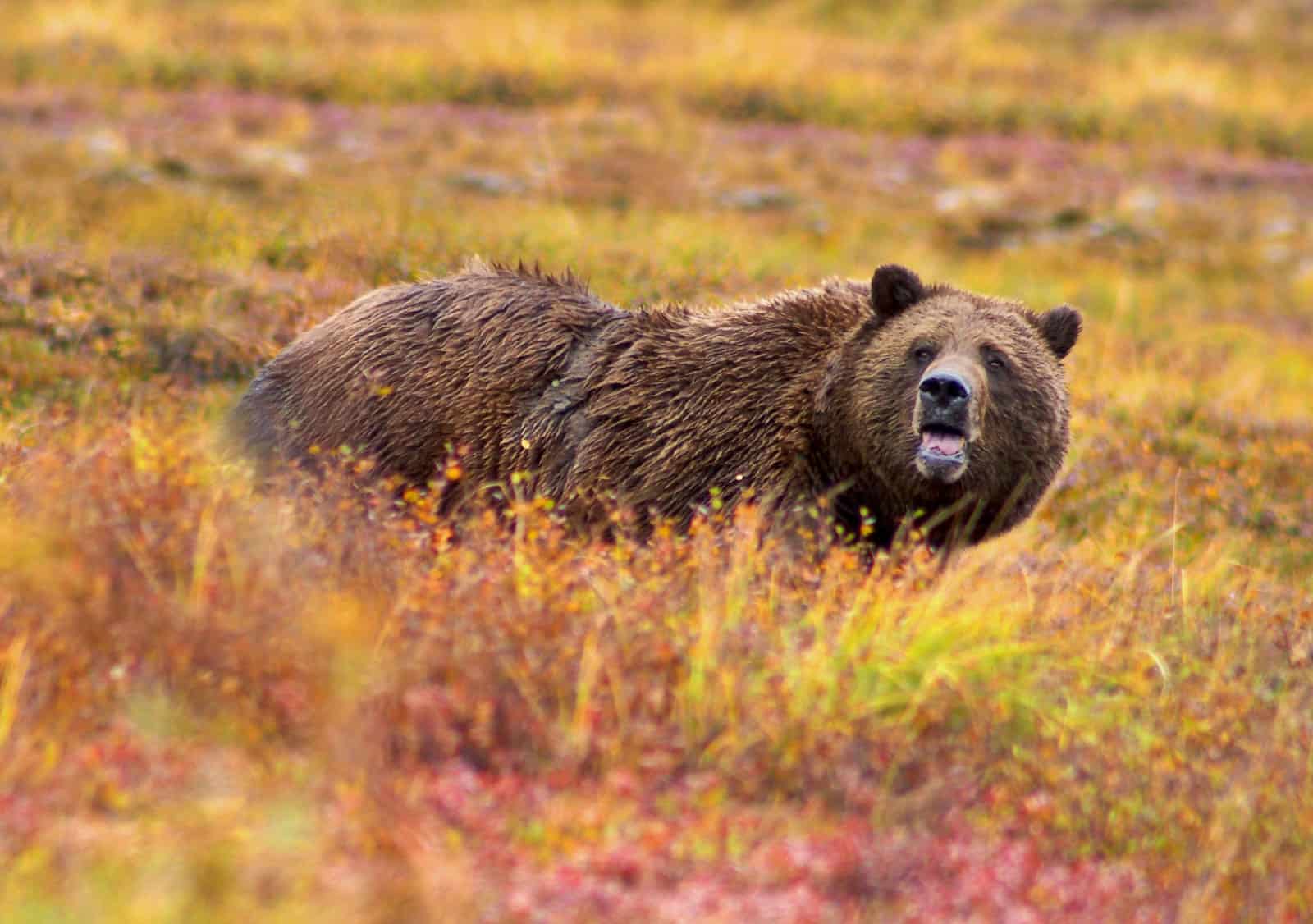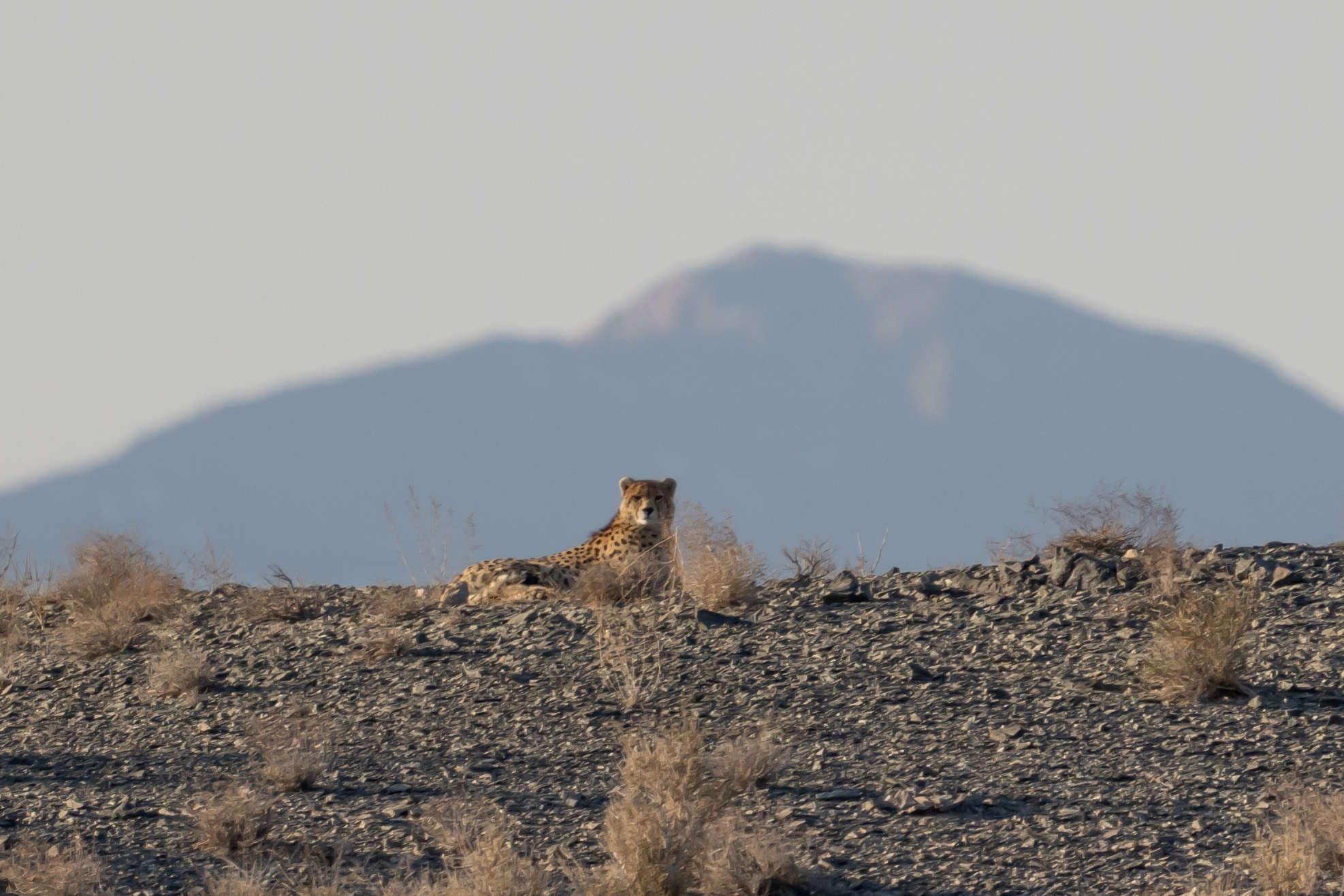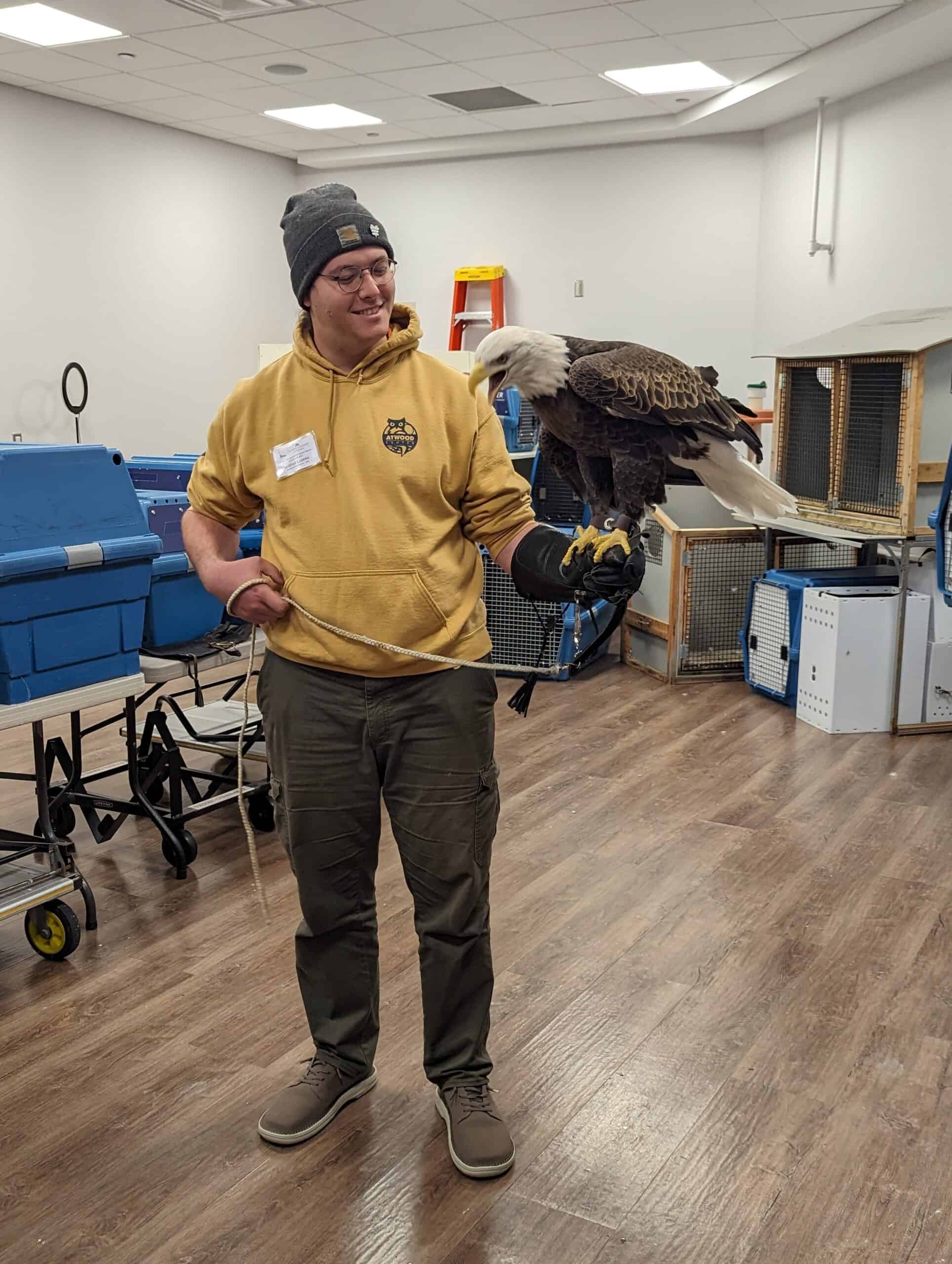Share this article
Avian Influenza Confirmed in Wild Birds in Washington State
The United States Department of Agriculture’s (USDA) Animal and Plant Health Inspection Service (APHIS) confirmed the presence of highly pathogenic (HPAI) H5 avian influenza in wild birds in Whatcom County, Washington on Dec. 16. Two separate virus strains were identified: HPAI H5N2 in northern pintail ducks and HPAI H5N8 in captive Gyrfalcons that were fed hunter-killed wild birds. Neither virus has been found in commercial poultry anywhere in the United States. There is no immediate public health concern with either of these avian influenza viruses.
Both H5N2 and H5N8 viruses have been found in other parts of the world and have not caused any human infection to date. While neither virus has been found in commercial poultry, federal authorities emphasize that poultry and wild birds are safe to eat even if they carry the disease if they are properly handled and cooked to a temperature of 165 degrees Fahrenheit.
The Whatcom County finding was reported and identified quickly due to increased surveillance in light of HPAI H5N2 avian influenza outbreaks in poultry affecting commercial poultry farms in British Columbia, Canada. The northern pintail duck samples were collected by the Washington Department of Fish and Wildlife following a waterfowl die-off at Wiser Lake, Washington, and were sent to the U.S. Geological Survey (USGS) National Wildlife Health Center for diagnostic evaluation and initial avian influenza testing. USGS identified the samples as presumptive positive for H5 avian influenza and sent them to USDA for confirmation. The gyrfalcon samples were collected after the falconer reported signs of illness in his birds.
Following existing avian influenza response plans, USDA is working with Federal and State partners on additional surveillance and testing of both commercial and wild birds in the nearby area.
Wild birds can be carriers of HPAI viruses without the birds appearing sick. People should avoid contact with sick/dead poultry or wildlife. If contact occurs, wash your hands with soap and water and change clothing before having any contact with domestic poultry and birds.
Federal officials emphasize that all bird owners should continue practicing good biosecurity. This includes preventing contact between your birds and wild birds, and reporting sick birds or unusual bird deaths, either through your state veterinarian or through USDA’s toll-free number at 1-866-536-7593.
Avian influenza (AI) is caused by influenza type A viruses which are endemic in some wild birds (such as wild ducks and swans) which can infect poultry (such as chickens, turkeys, pheasants, quail, domestic ducks, geese and guinea fowl).
Read the complete joint press release here.
Wildlife Services is a Strategic Partner of The Wildlife Society
Header Image: Image Credit: USFWS








